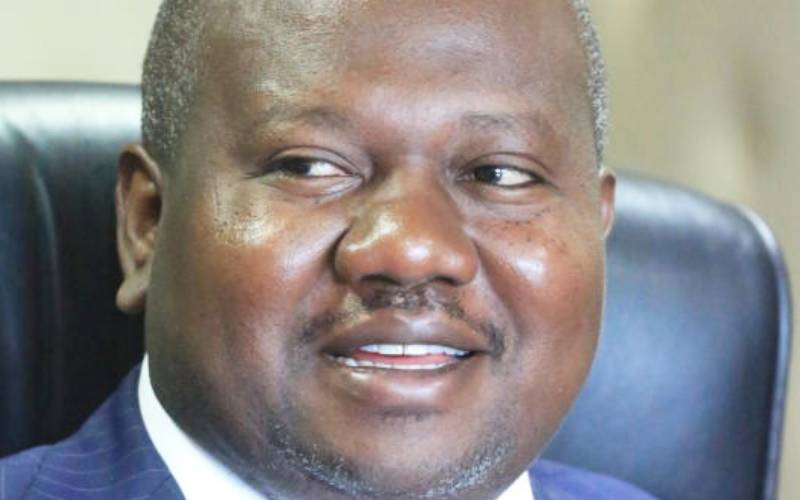×
The Standard e-Paper
Stay Informed, Even Offline

CEO NSSF Anthony Omerikwa at his NSSF office upper hill during an interview on the state of NSSF. [George Njunge/Standard]
The National Social Security Fund’s (NSSF) top seat remains one of the hottest in the country.